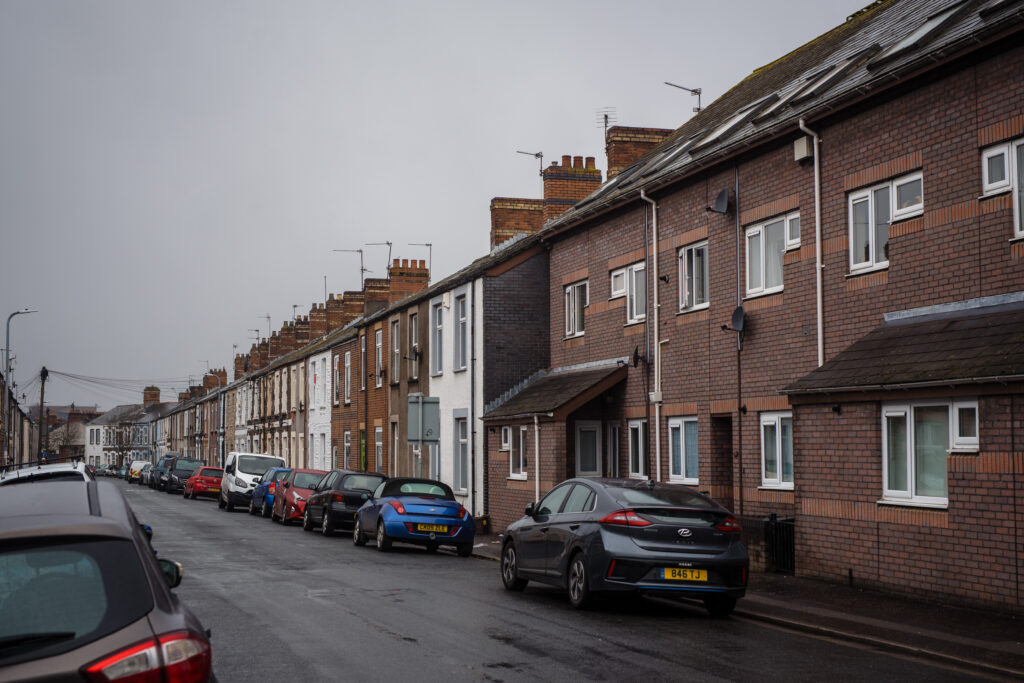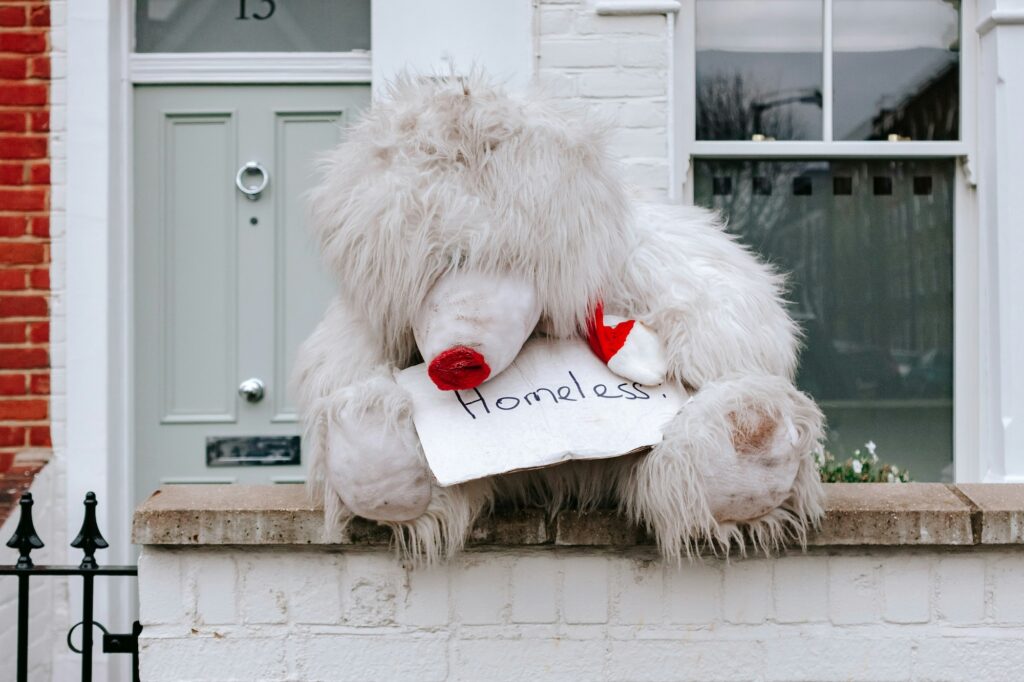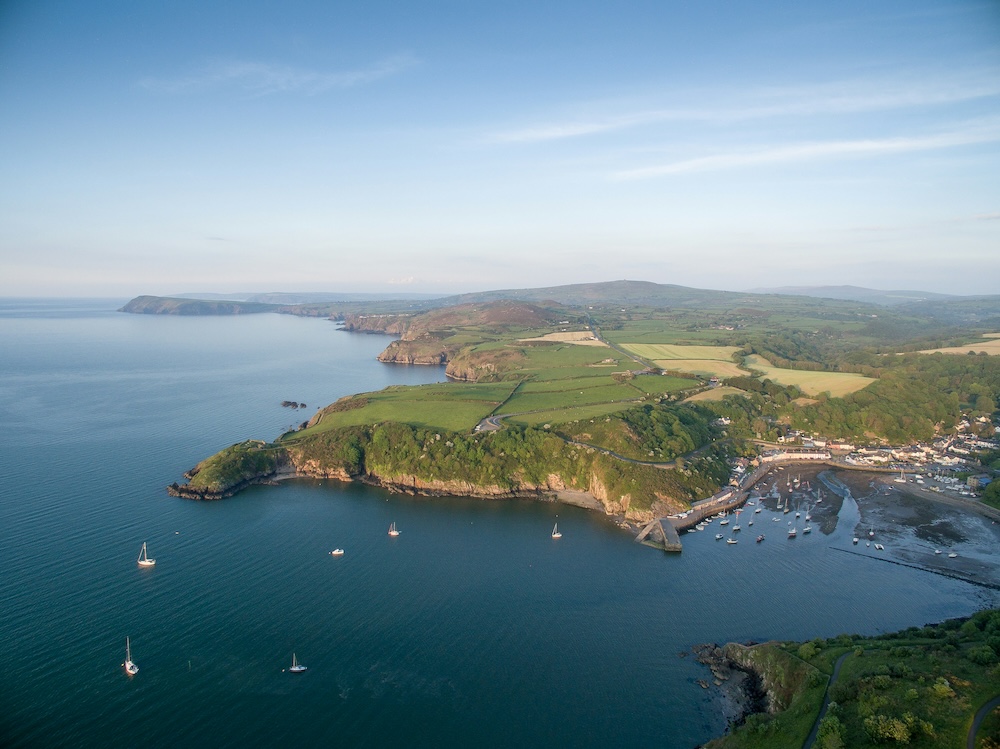Helen White shares her concerns about the closing of temporary accommodation for Afghan refugees in Wales.
After the fall of Kabul in Afghanistan, over 21,000 refugees across the UK were offered bridging accommodation – temporary accommodation procured by the Home Office for those brought over to the UK after being displaced from their homes.
Taff Housing has been supporting the resettlement of Afghan refugees in Wales since 2021 and has been recognised for its good practice by a number of industry bodies, including TPAS Cymru which awarded the support team at Taff a gold award for its Afghan Resettlement Programme.
We have been supporting the resettlement of refugees for the past two years and have successfully found homes for over 500 refugees during that time. The bridging accommodation, although not ideal, has provided a temporary roof over their heads, while they readjust to life in Wales and wait for a more permanent home. Building a new life in a new country is never going to be easy but doing so from a hotel room is almost impossible.
Whichever way you look at this, the crux of the issue is a lack of supply.
With bridging accommodation coming to an end later this year, every council and support provider is under immense pressure to find a suitable home for those seeking refuge before they are forced into homelessness. According to the latest reports , just under 10,000 Afghan refugees are still living in bridging accommodation across the UK, many of whom are children. Living in a crowded hotel is detrimental to mental and physical health, causing anxiety and depression.
We’re already battling a housing crisis, with many councils across Wales, like Cardiff, receiving more than 400 applications every month from people requesting larger homes. And it’s a real juggling act, trying to find suitable homes for those most in need, to avoid people living in overcrowded conditions. For every home we provide to a person or family in crisis, we push other families closer to crisis point due to a lack of resource.
Despite the UK Government announcing an additional £35m to support local authorities to find homes for refugees, the homes we require simply aren’t available. Whichever way you look at this, the crux of the issue is a lack of supply.
Gofod i drafod, dadlau, ac ymchwilio.
Cefnogwch brif felin drafod annibynnol Cymru.
Afghan refugees have lost everything. They left their entire life behind just to stay safe. It’s been heartbreaking to hear the horrors their family and friends left behind are facing. We’ve tried to deliver a resettlement approach that recognises their trauma, both past and present. By this, we mean keeping families and extended families in close proximity to each other. Where possible, we try to avoid offering them homes in different parts of the country. Obviously, with the housing shortage, this isn’t always possible, but we do our best to deliver on this goal. We understand that they have already been separated from their home and their possessions, so they do not want to be separated from their families. We respect that they want to support each other in the resettlement process and maintain family connections so we do our very best to find homes within a five- or ten-mile radius of each other.
The coming months will be key to make sure we don’t lose momentum and stay focused on supporting refugees to rebuild their lives and make a full contribution to society.
At Taff Housing, we are already converting derelict and disused properties into safe homes. Many of the properties only require minor structural modifications and cosmetic alterations to turn them into functional, welcoming spaces. We’ve also been doing loft conversions to create bigger homes.
We have found these to be the most cost-effective, considered, and simplest solutions, alongside developing new homes across the city as part of a longer-term solution to the housing crisis.
Working in partnership is key to being able to successfully deliver the commitments made by Welsh Government as a Nation of Sanctuary. The coming months will be key to make sure we don’t lose momentum and stay focused on supporting refugees to rebuild their lives and make a full contribution to society.
I am immensely proud of the work my colleagues have done to support refugees. Some of my colleagues now delivering this service arrived here as refugees themselves only two years ago. We can’t fix the huge loss that people have suffered being forced out of their country, but we are trying to make the transition as effective as it can be – by providing the support they need to establish roots here in Wales and secure them a permanent home. I just hope that further funding will be secured and allocated by the Government to fully support this process for every refugee who has sort salvage in our country. At the end of the day, everyone deserves the right to a safe and secure home.
All articles published on the welsh agenda are subject to IWA’s disclaimer. If you want to support our work tackling Wales’ key challenges, consider becoming a member.





